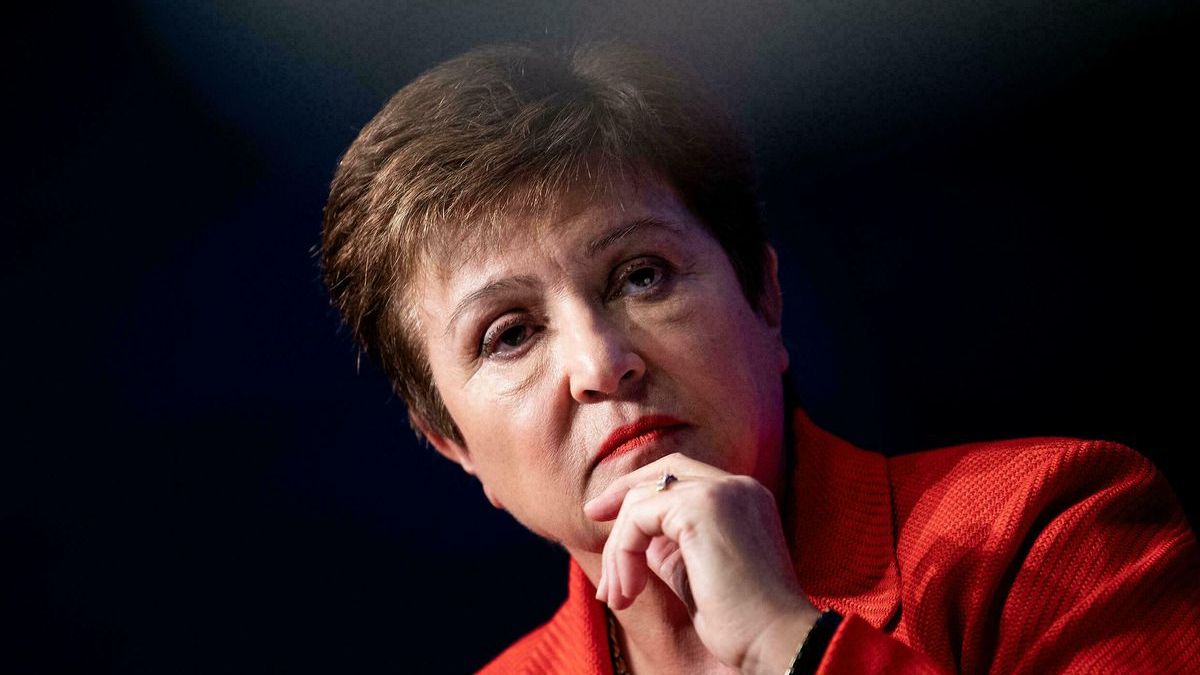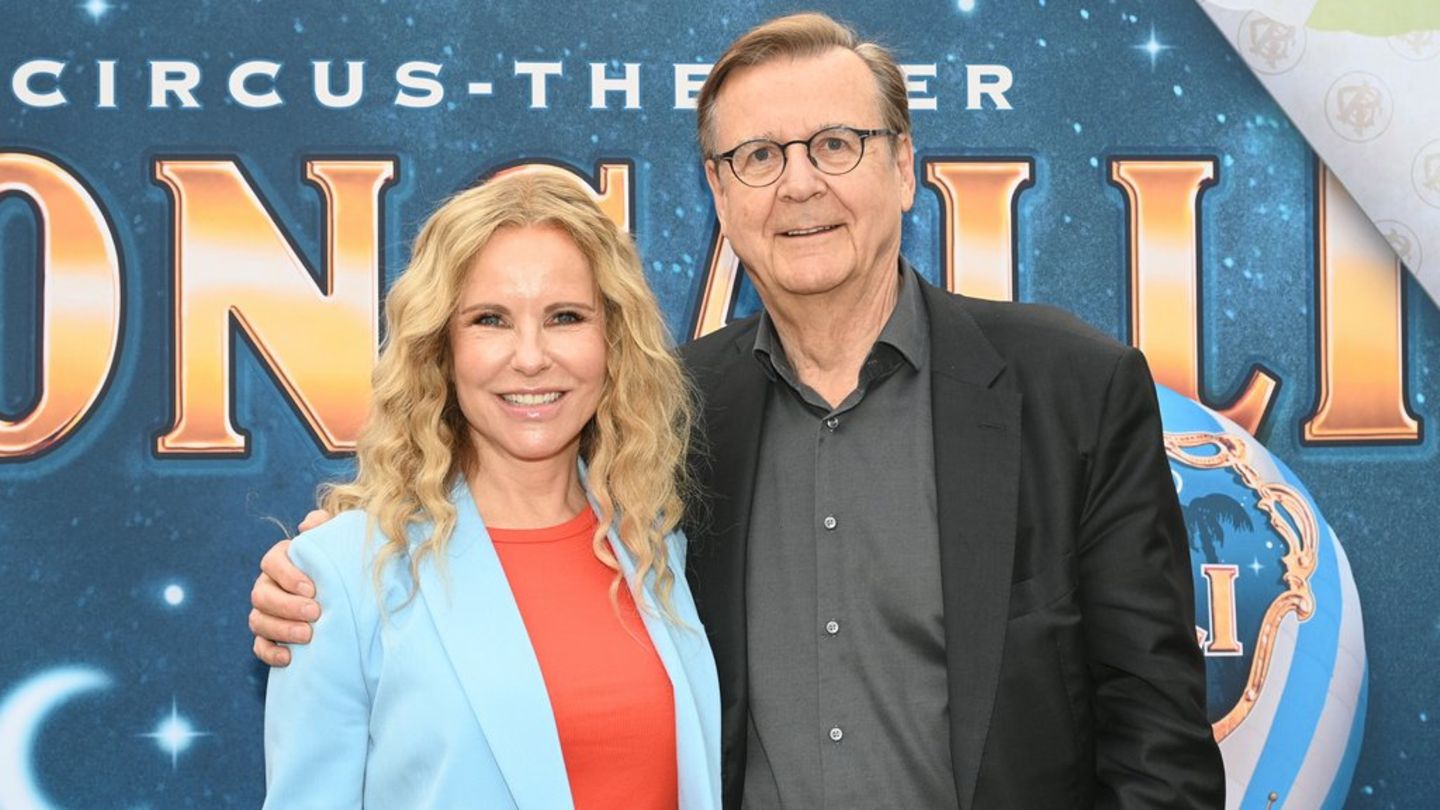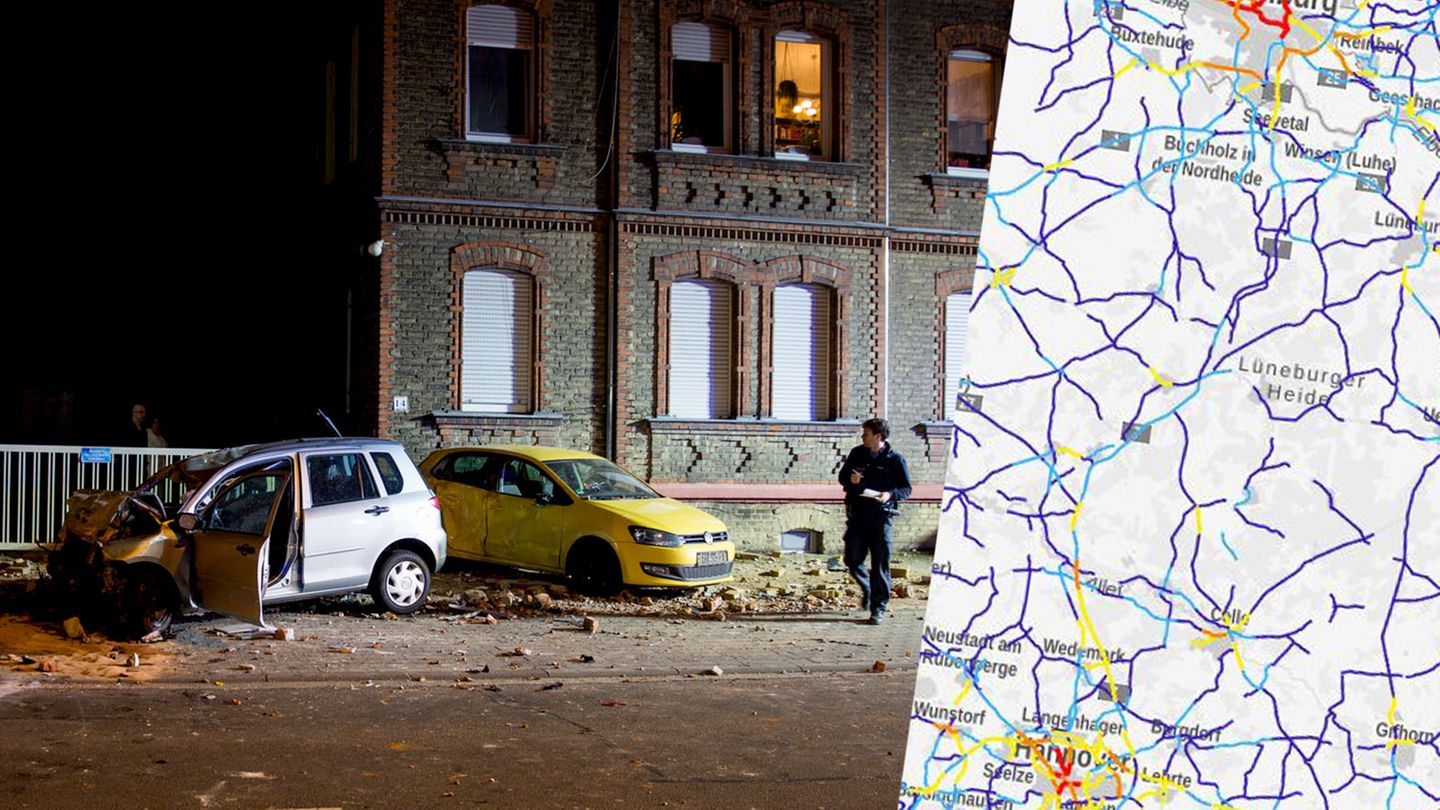In a statement during his summit this weekend in New Delhithe group pledged to address debt vulnerabilities in low- and middle-income countries “effectively, comprehensively and systematically,” but did not offer a new action plan.
“G20 members must lead by example in fulfilling promises to allocate $100 billion annually to finance the fight against climate changewith the support of the strengthening of multilateral development banks,” Georgieva said in a statement at the end of the two-day summit.
“Countries also need mobilize resources to finance and manage the ecological transition through fiscal reforms, effective and efficient public spending, strong fiscal institutions and local debt markets deep”
He also urged the group to reinforce the network of global financial security.
“So that the World economy stronger and more resilient in a more crash-prone world, it is vital to reach an agreement to increase IMF quota resources before the end of the year,” he said.
The pact would guarantee the necessary resources for the Fund’s interest-free support to the poorest countries through the Poverty Reduction and Growth Trust Fund, he added.
The G20 summit also pledged to strengthen and reform multilateral development banks, while accepting a proposal to more strictly regulate cryptocurrencies around the world. “There is a lot of work pending, also in the digital money sphere and the cryptoassets“Georgieva said.
What are IMF quotas?
Dues are the fundamental components of the financial and governance structure of the IMF. Each member country’s quota broadly reflects its relative economic position in the world economy. The quotas are denominated in special drawing rights (SDR), which is the unit of account of the IMF.
- Resource contributions: The quotas determine the maximum amount of financial resources that a country is obliged to provide to the IMF.
- Number of votes: Quotas are a key factor that determines voting power in IMF decisions. Member countries have one vote for every SDR 100,000 of quota plus the basic votes, which are the same for all countries.
- Access to financing: Quotas determine the maximum amount of loans that a member country can obtain from the IMF under normal access conditions.
- SDR allocations: Quotas determine each country’s share of an overall SDR allocation.
fmi
International Monetary Fund (IMF).
REUTERS
The IMF Board of Governors carries out general quota reviews at least every five years. The two main issues addressed in a general quota review are the magnitude of the overall increase in quotas and the distribution of the increase among member countries.
If it determines that an increase is needed, the Board of Governors considers the amount of the overall increase and how to distribute it among member countries. Any modification of the quotas must be approved by a 85% of the total votes, and the share of a member country cannot be modified without its consent.
Source: Ambito




